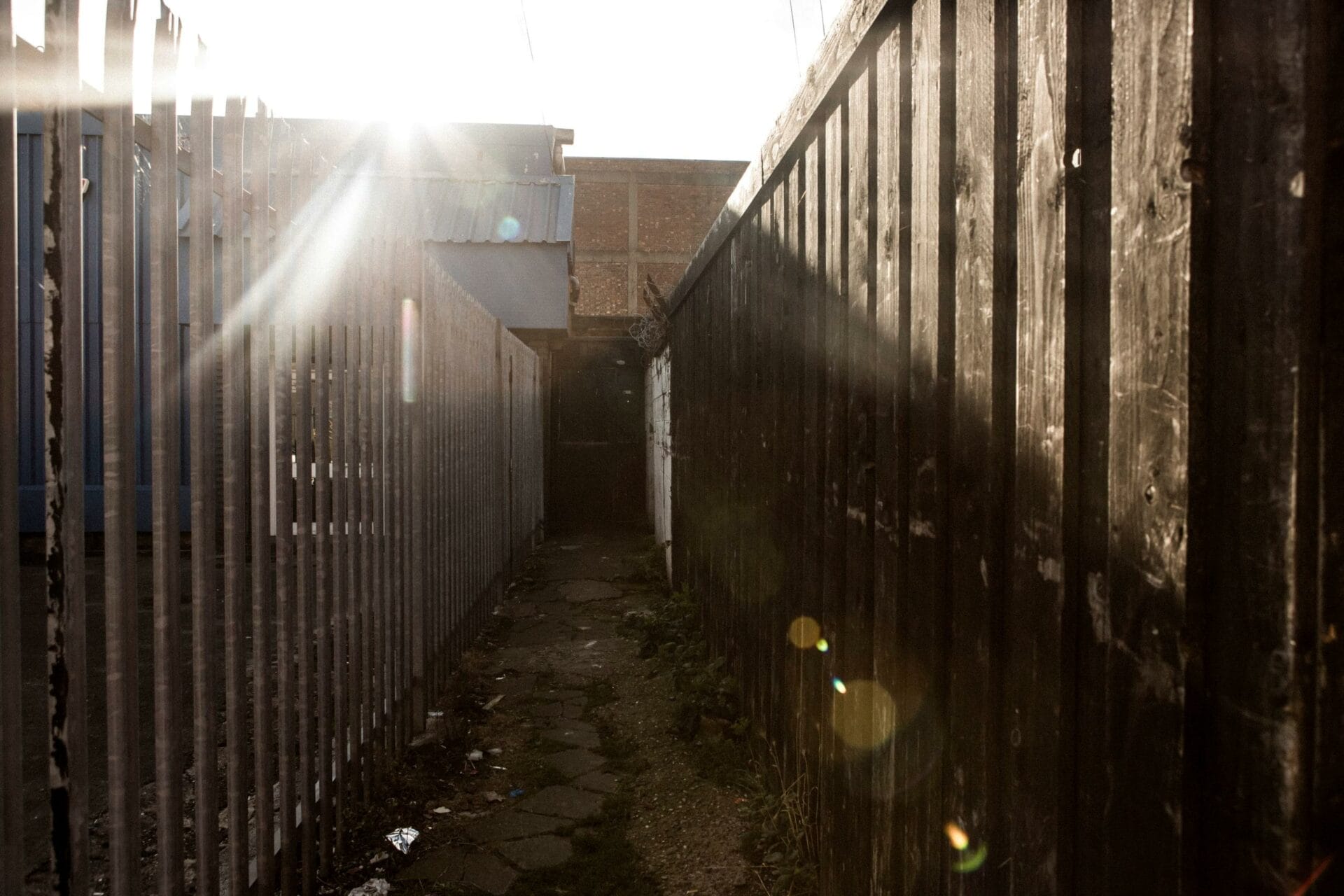13th May 2020, words by Mona Bani
As the director of a grassroots project, with a turnover of just £55k p/a and just five part time staff, all with self employed status, I always thought that our jobs were insecure and that we faced the greatest challenges for survival. I used to look at large charities and think how easy our lives could be if we had offices, meeting rooms, payroll, or just a working printer. I’d wish for actual ‘departments’ with expertise in finance, HR or social media, rather than having to constantly balance everything from high level governance to distributing food deliveries. In the month before lockdown I’d started contacting partner organisations to see if they could offer us hotdesking space, as I was convinced having some formality and structure would benefit our work. Little did I know that these exact lack of structures would soon be the root of our resilience.
This past month, this lack of infrastructure, offices or large, restrictive funding contracts, has been what’s saved us. Overnight we were able to change our outreach processes with no bureaucracy to bypass. Rather than hosting educational sessions for unaccompanied minors, we’re collecting donations of laptops, ipads and other digital equipment, from the public, mostly through Mutual Aid groups, and distributing it to the young people to ensure digital inclusion at this time – something which even our education minister took a month to recognise as an issue. As soon as they had laptops, they were connected with tutors for online ESOL, music, lyric writing and DJ classes, pastoral care and career support. All our core staff have kept their jobs. ‘Job specs’ have simply changed to whatever they need to be. Everyone’s used to working from home, battling with a webcam that doesn’t work for Skype meetings. No one’s lost access to anything they relied on.
In my years working across the ‘social’ sector, I’ve seen how many perceive it as one homogenous entity. Friends who’ve known me as I’ve moved from social policy to large, government funded charities; smaller social enterprises; and now a frontline grassroots project, just categorise me as ‘doing nice things for society’. They still assume I have sick pay and a pension scheme. But the ‘sector’ is actually made up of hundreds of tiny entities – some incorporated, some not – who have team meetings in each other’s living rooms and rely on the one person in the team who owns a car. Their overheads are minimal and they’re much better equipped to adapt to external challenges. They deliver everything – from typically statutory services like food and housing, to the things that make life meaningful, like creative arts and emotional support – often with close relationships to those who use their services. Right now these groups are crucial to meeting the constantly changing needs of the most vulnerable. They’re filling gaps left by statutory services and often moving at a faster pace.
For example, the announcement last week that laptops would now be available to all ‘disadvantaged’ students, to address the stark digital inequality, came one month into lockdown, with wait times for actually receiving the laptops still unknown. We however recognised this need from the start, expressed to us by our young people, and delivered our first laptop back in March. Young people are still contacting us with their requests, rather than going to their carers or social workers. I recently asked one of our boys, living with foster carers, whether I could discuss his request with his carer as I was certain they must have means of sourcing him the equipment, and he asked me not to. He knew it would enter the dark abyss of bureaucracy and he might not receive it during lockdown. He had more faith in our small team, relying on volunteer drivers, to get him something in time.
It raises some real questions around the institutionalisation of the sector; the way something as simple as helping those who need it, has become systemised, tracked, monitored and evaluated. How we have processes, rather than relationships, for supporting people. How the incessant push for small organisations to incorporate, join accelerator schemes, or ‘scale’ just for the sake of it, is not necessarily for their benefit or the people they serve. Despite the immense pressure on the sector at this time, it’s also an opportunity for us to deepen and refine our work, rather than grow it, and to really connect us to why we’re doing it in the first place.
With kindness pouring in from unexpected corners of society, we’re seeing the desire in people to help and feel needed. The NHS has had more volunteer applications than they can manage. At May Project, we’ve had more offers of help, free stuff and financial donations than ever before. This raw human impulse is crucial to our work and what we have to capitalise on. It’s the most important insight gathered through this pandemic and we have to carry it with us as we reimagine our society. It’s where our resilience will come from.
Last year I set up Untelevised TV – a media platform in partnership with fellow small CIC Filmanthropy – to highlight small, grassroots projects who don’t have the resources or capacity to highlight themselves. We wanted to draw out all the work that goes on behind the scenes, to fill the gaps in vital service provision, but which often isn’t seen or rewarded.
This week we’re asking what organisations you think are the most resilient during COVID19. We’d love to hear your experiences. Go to our page to share your thoughts with us.

Comments (0)